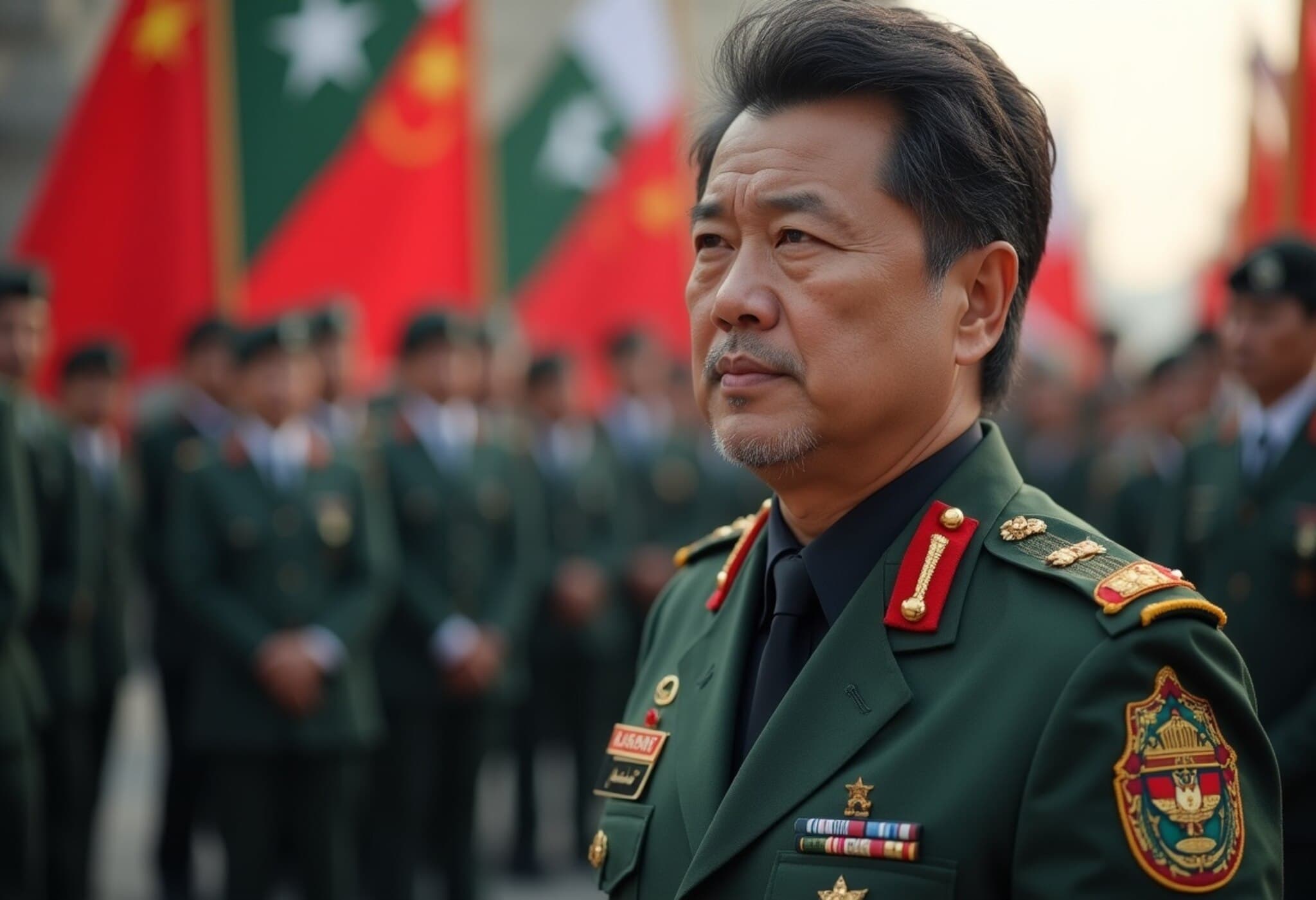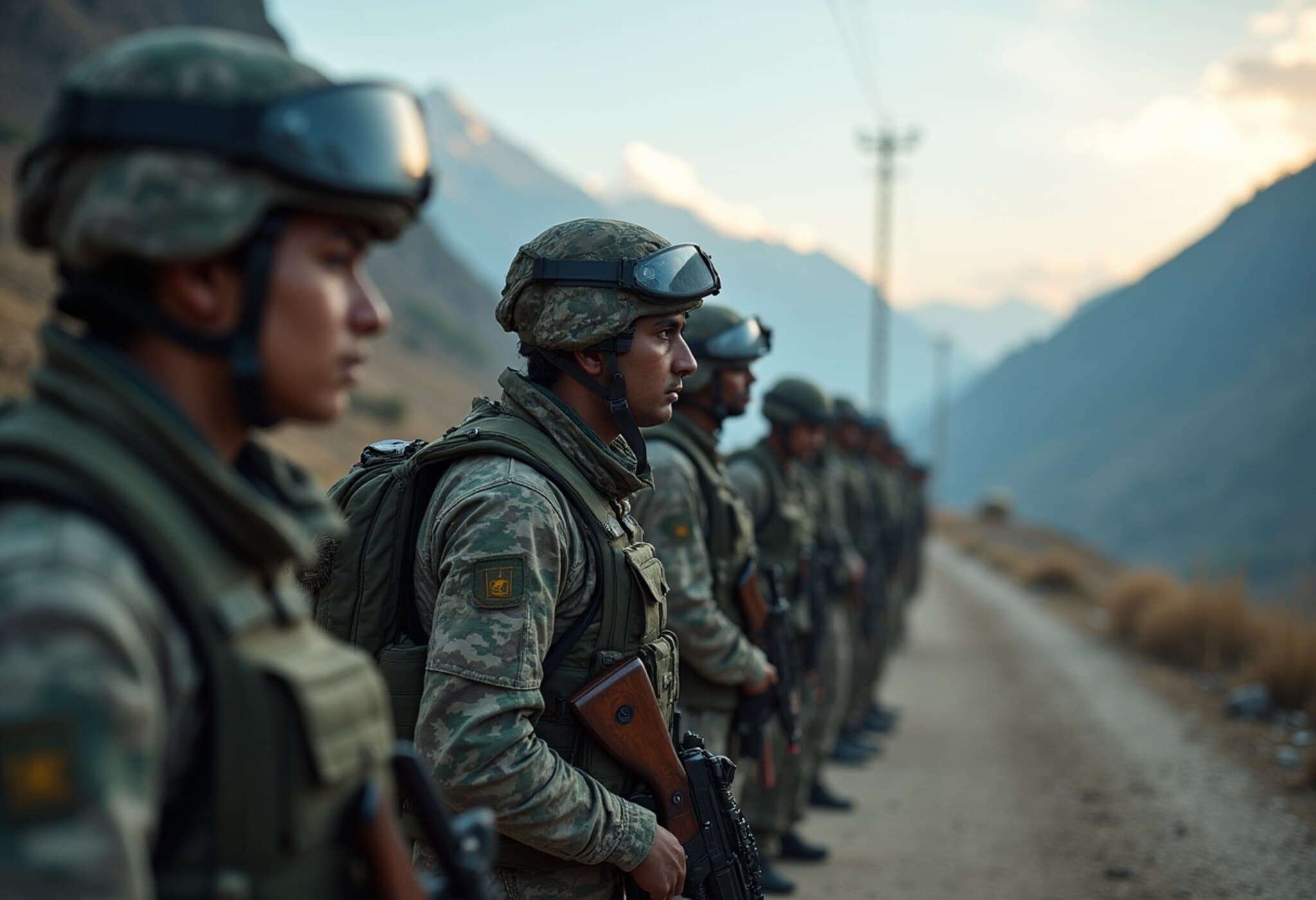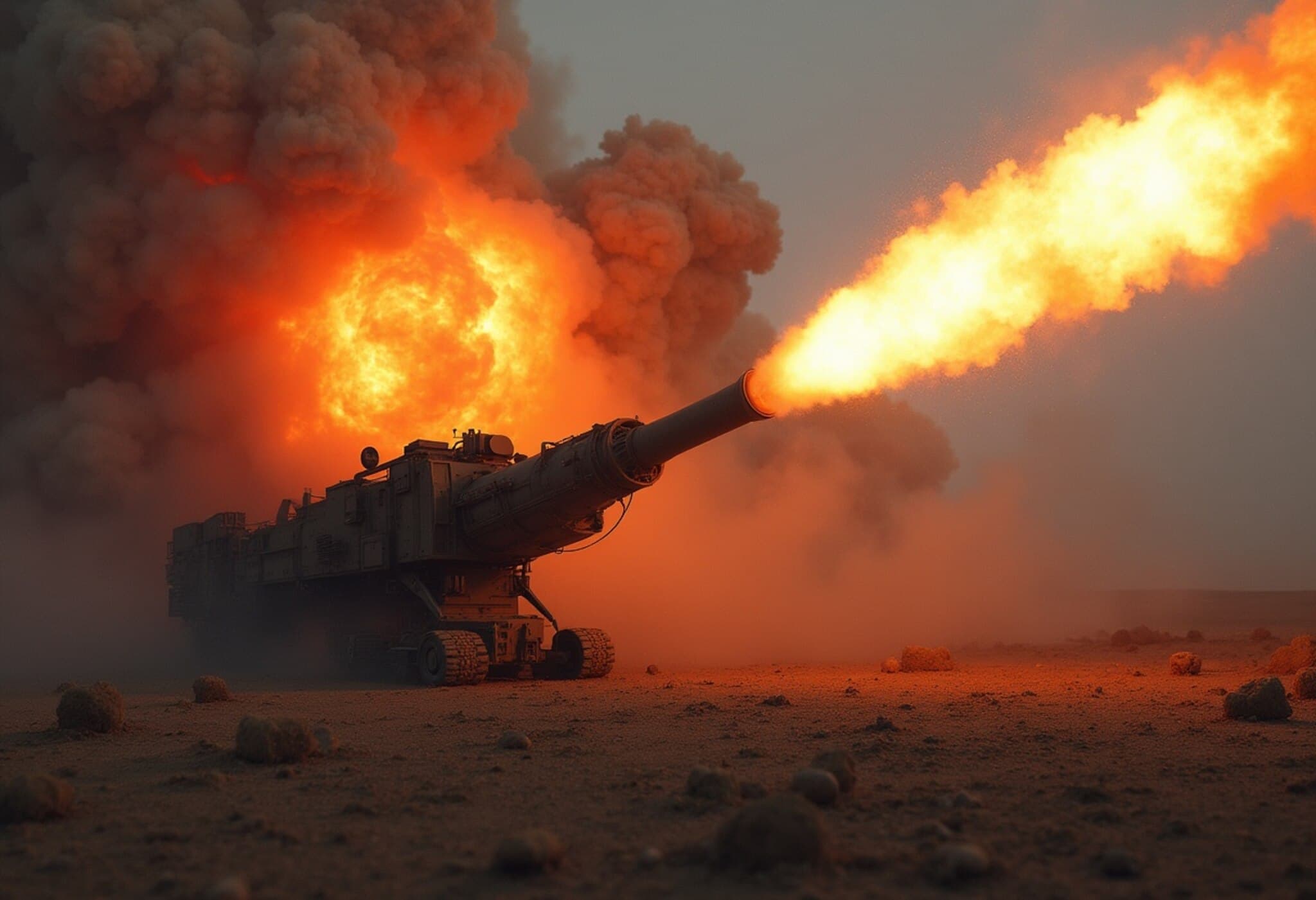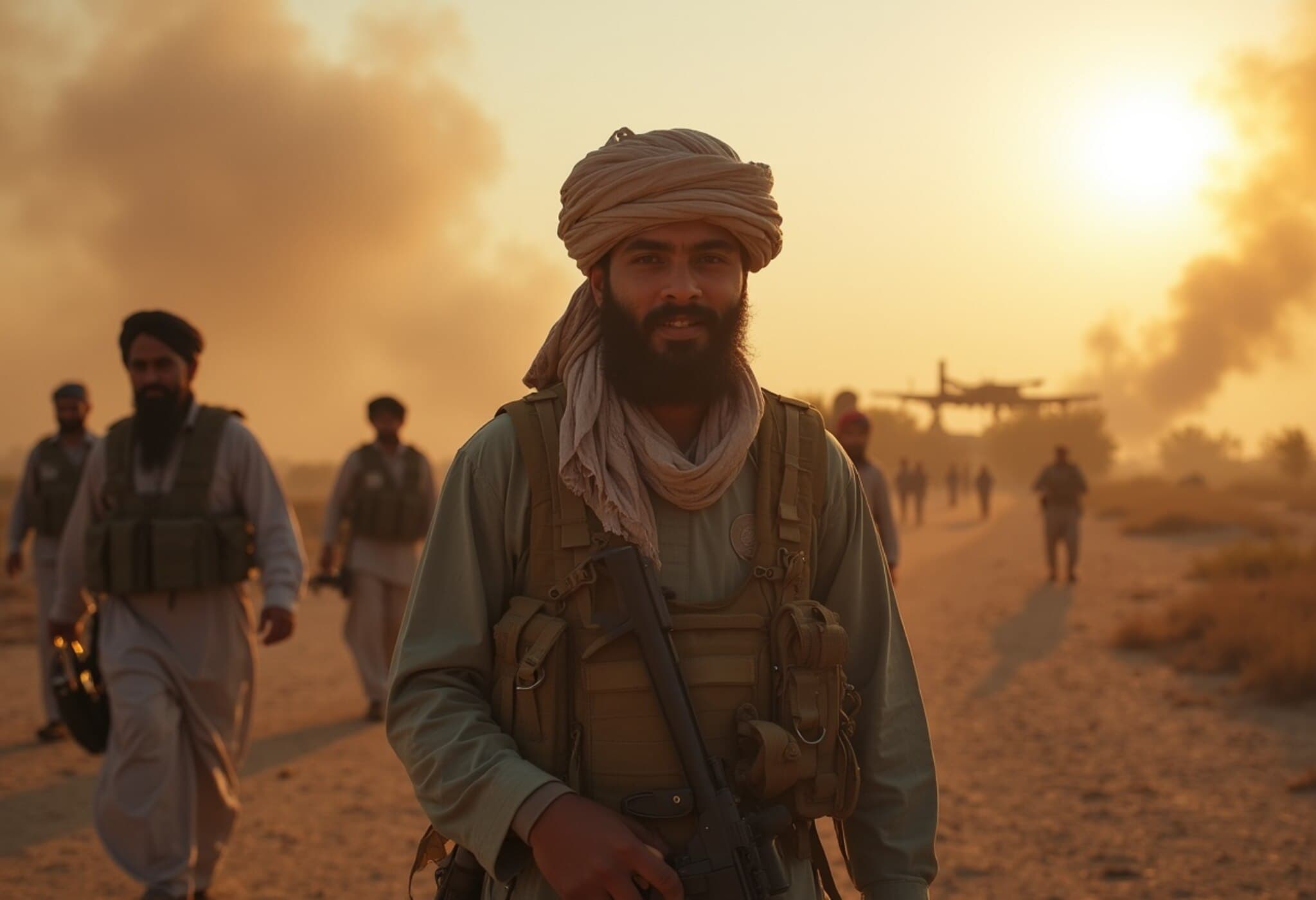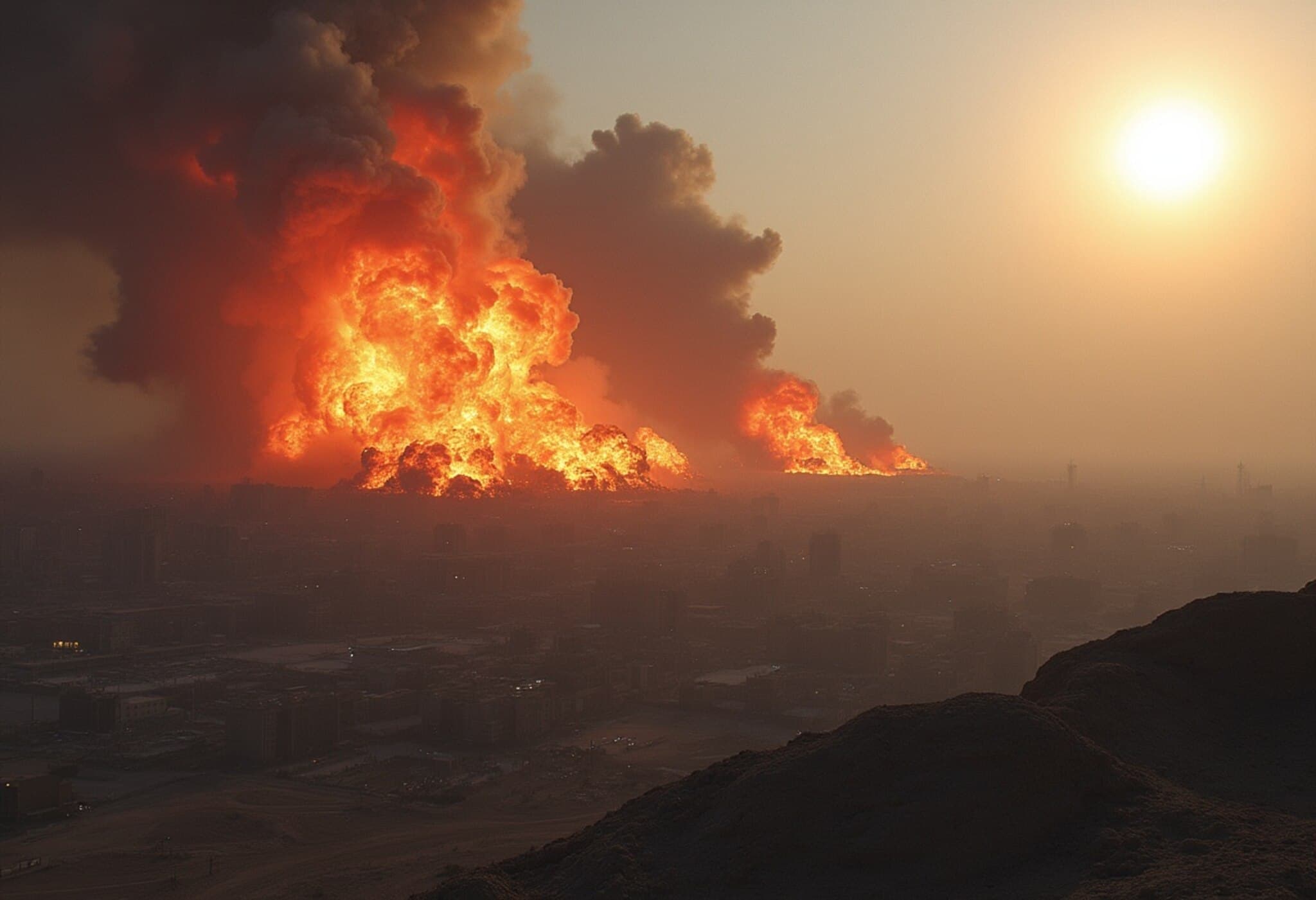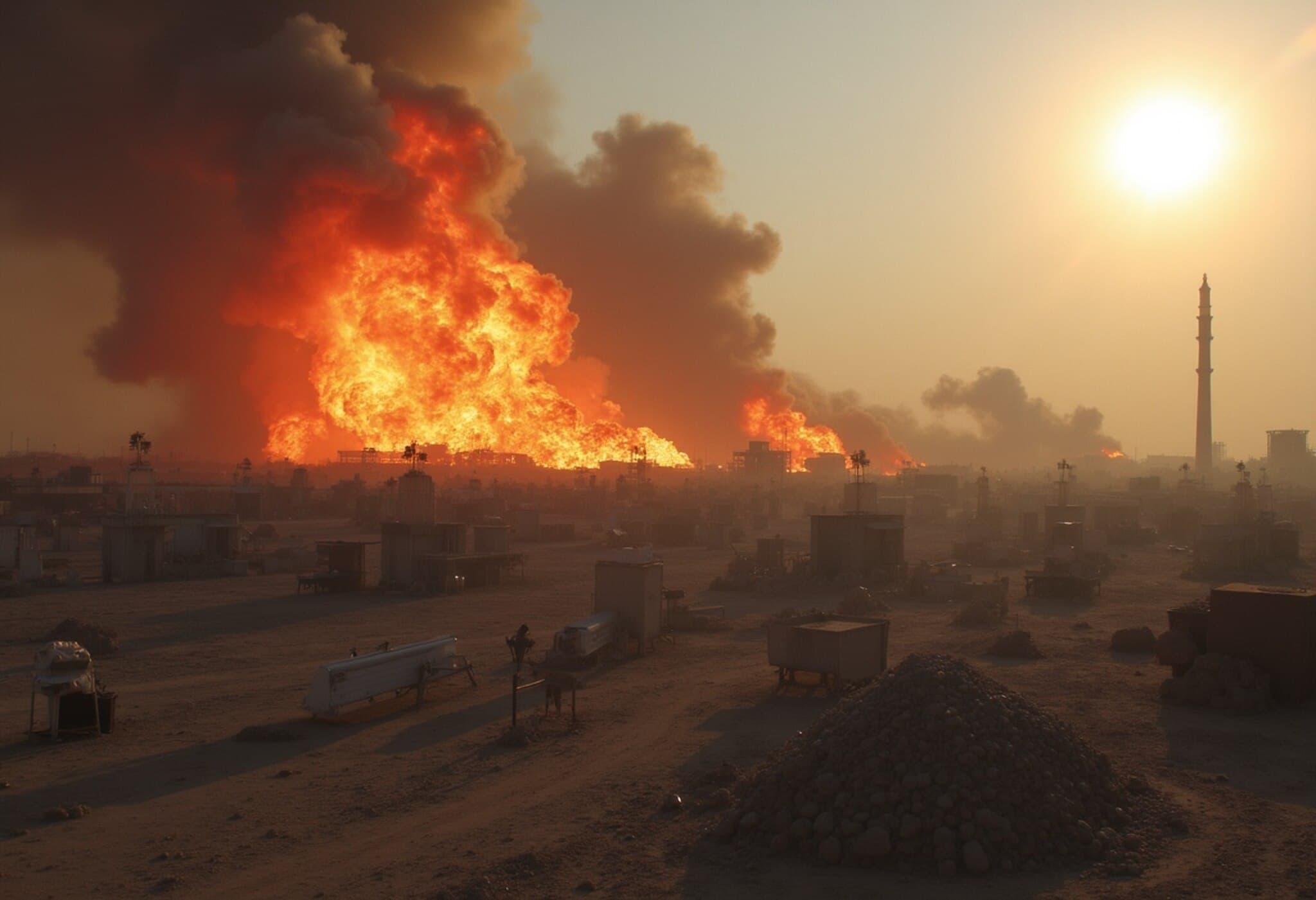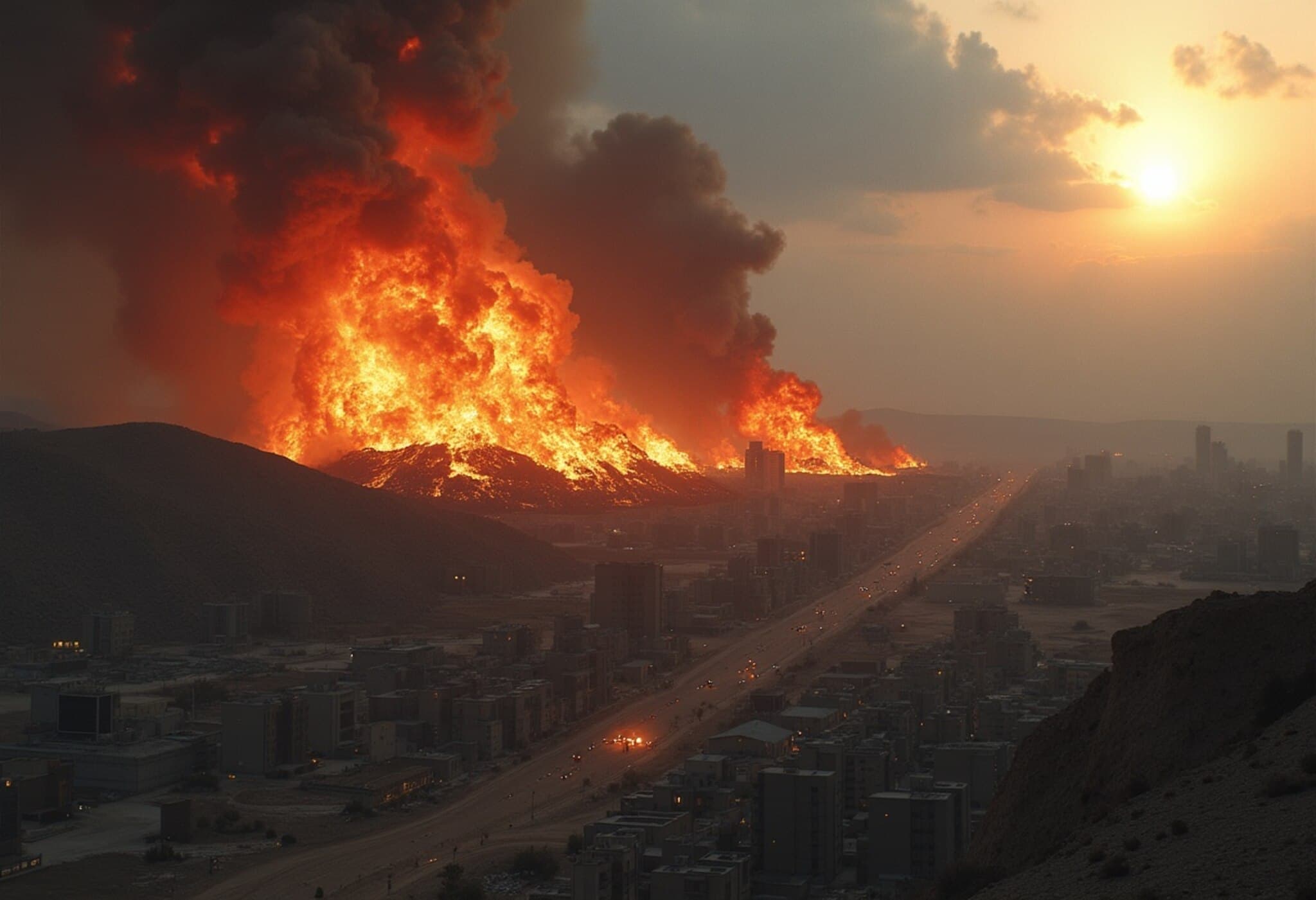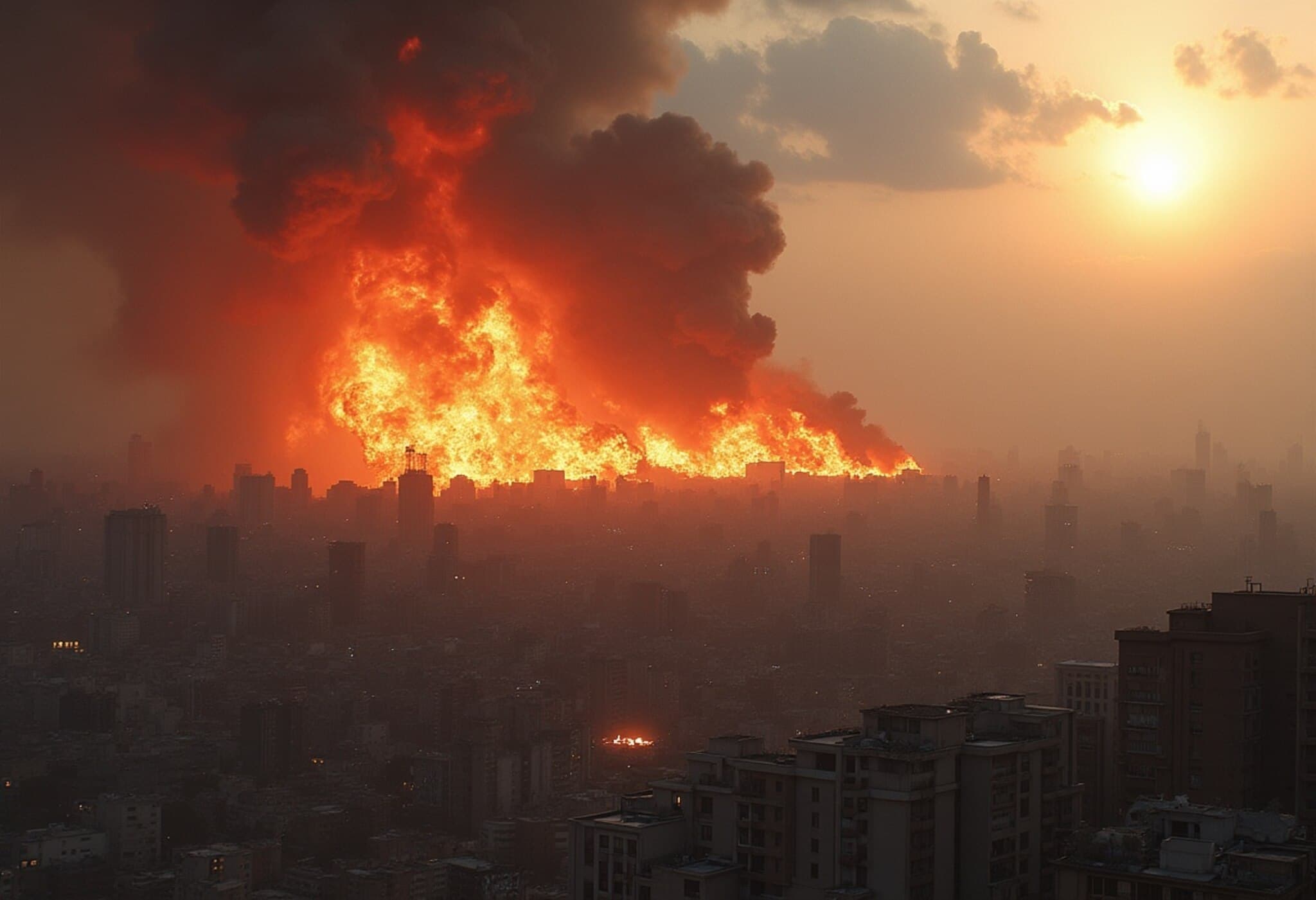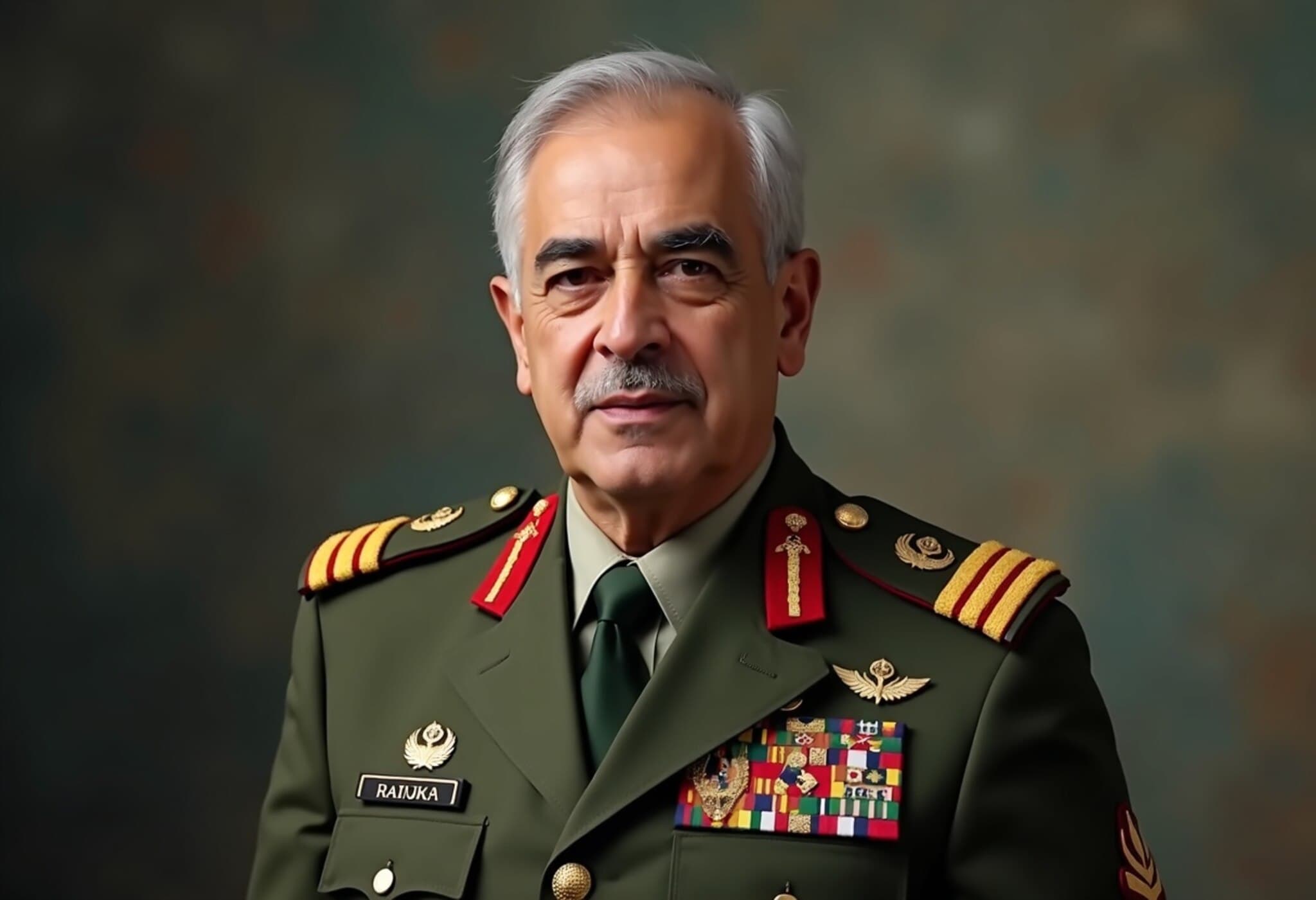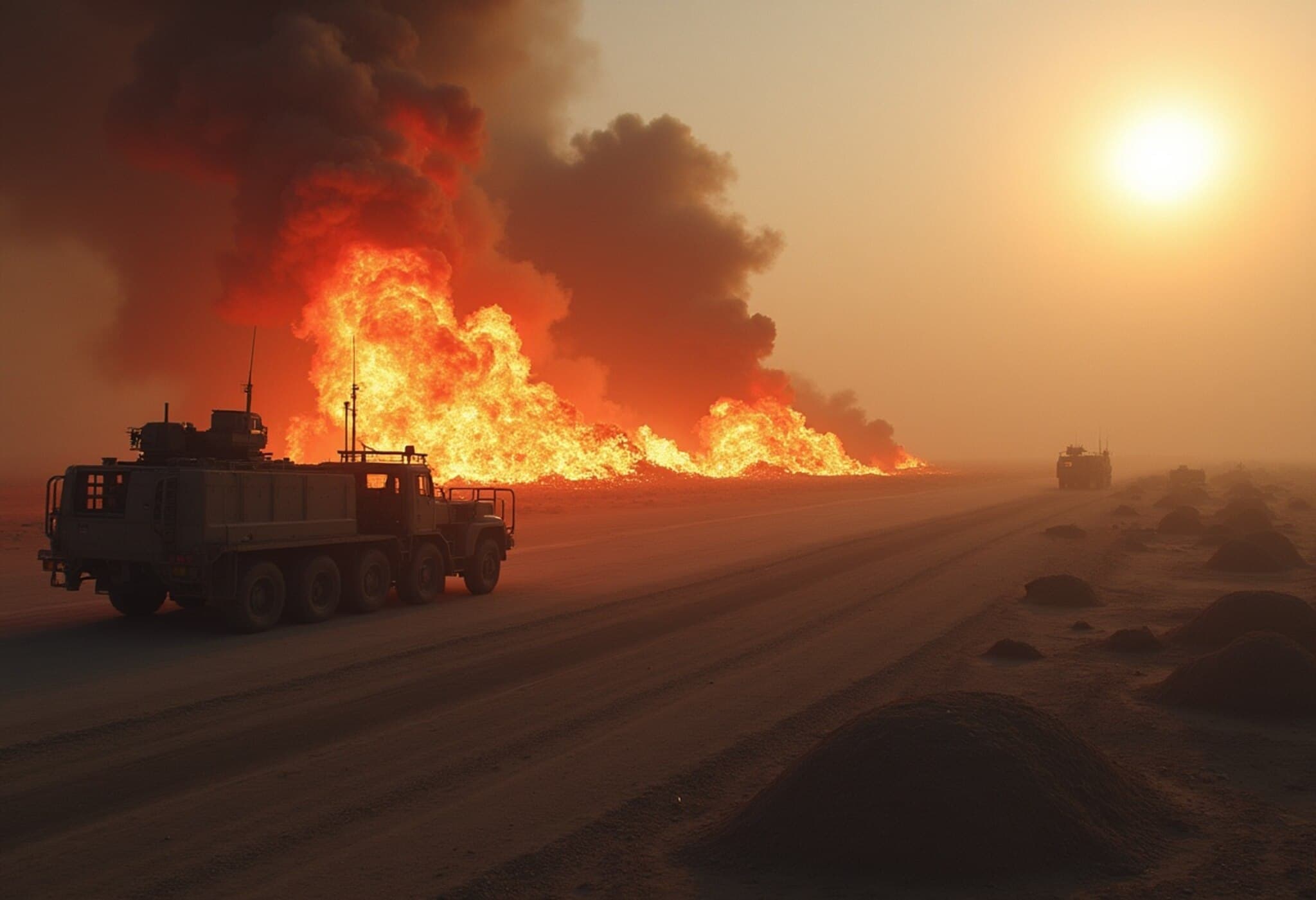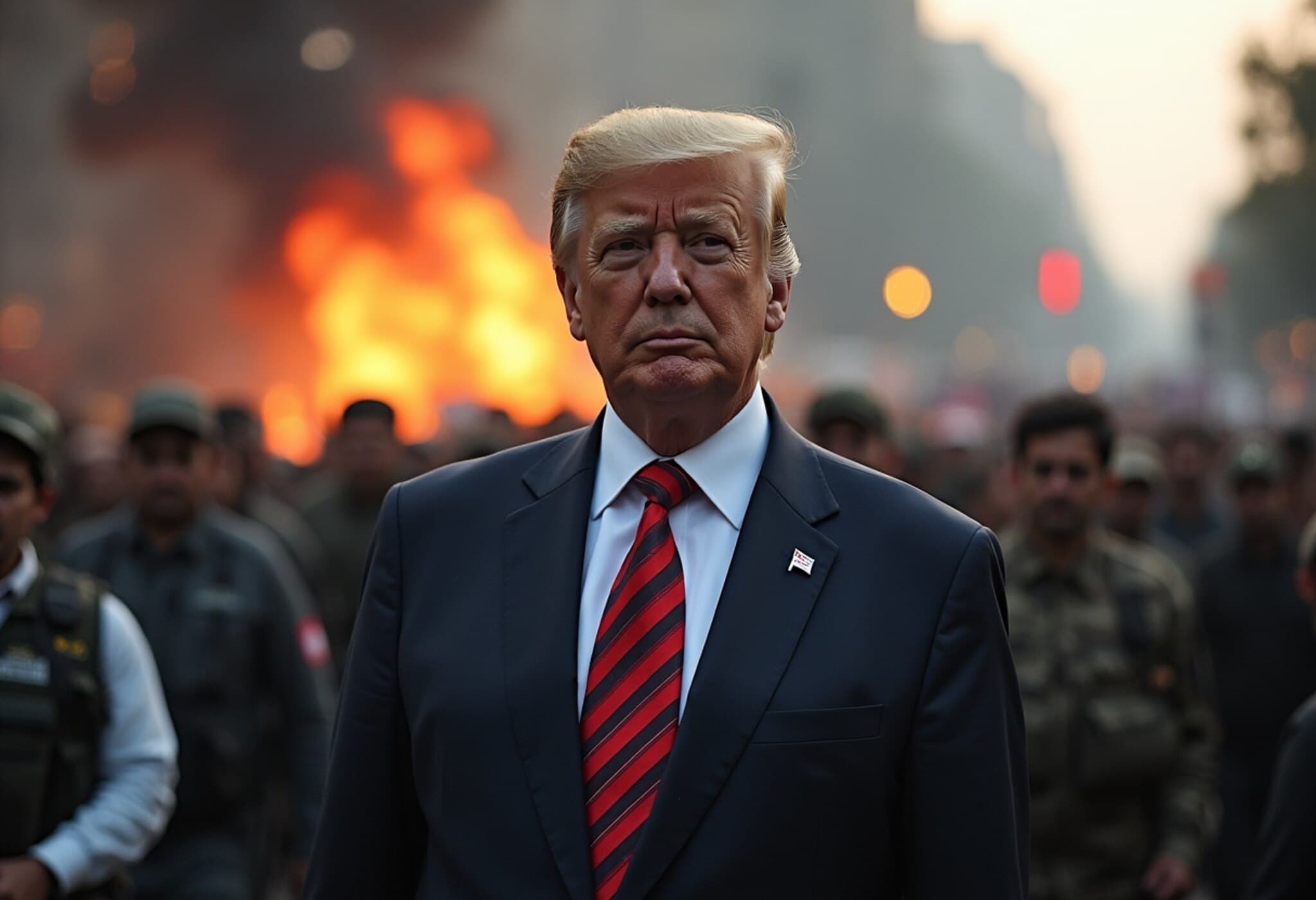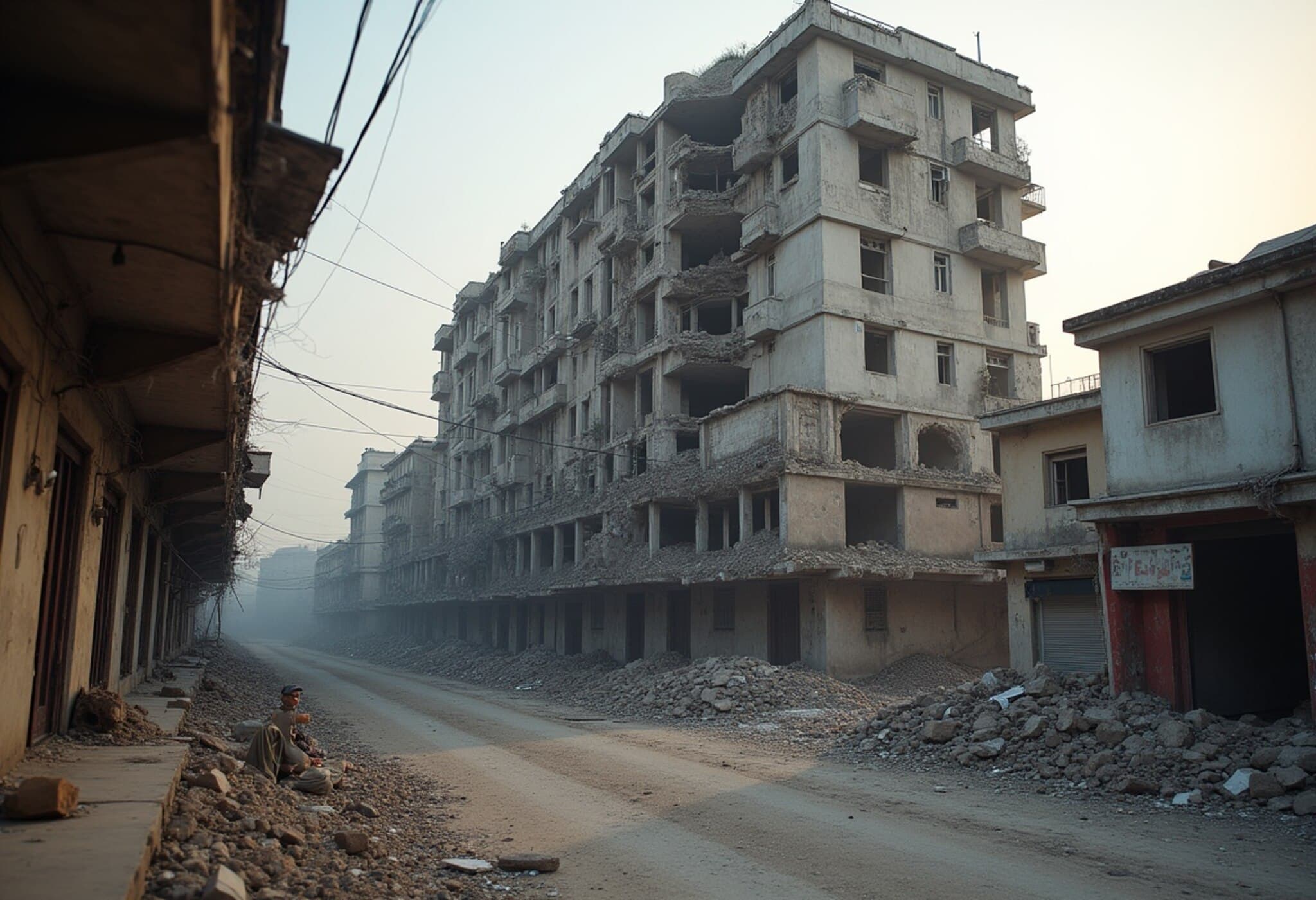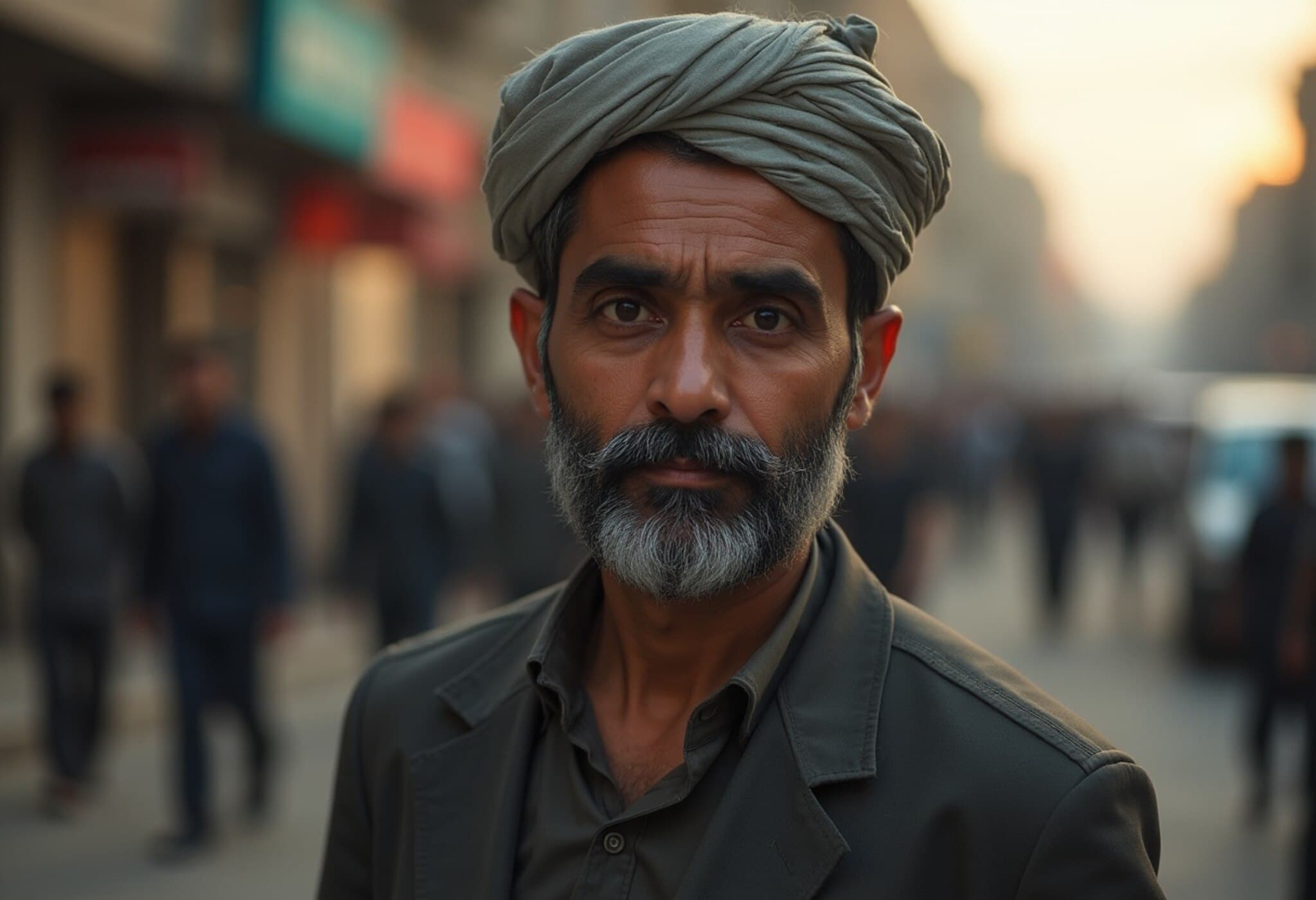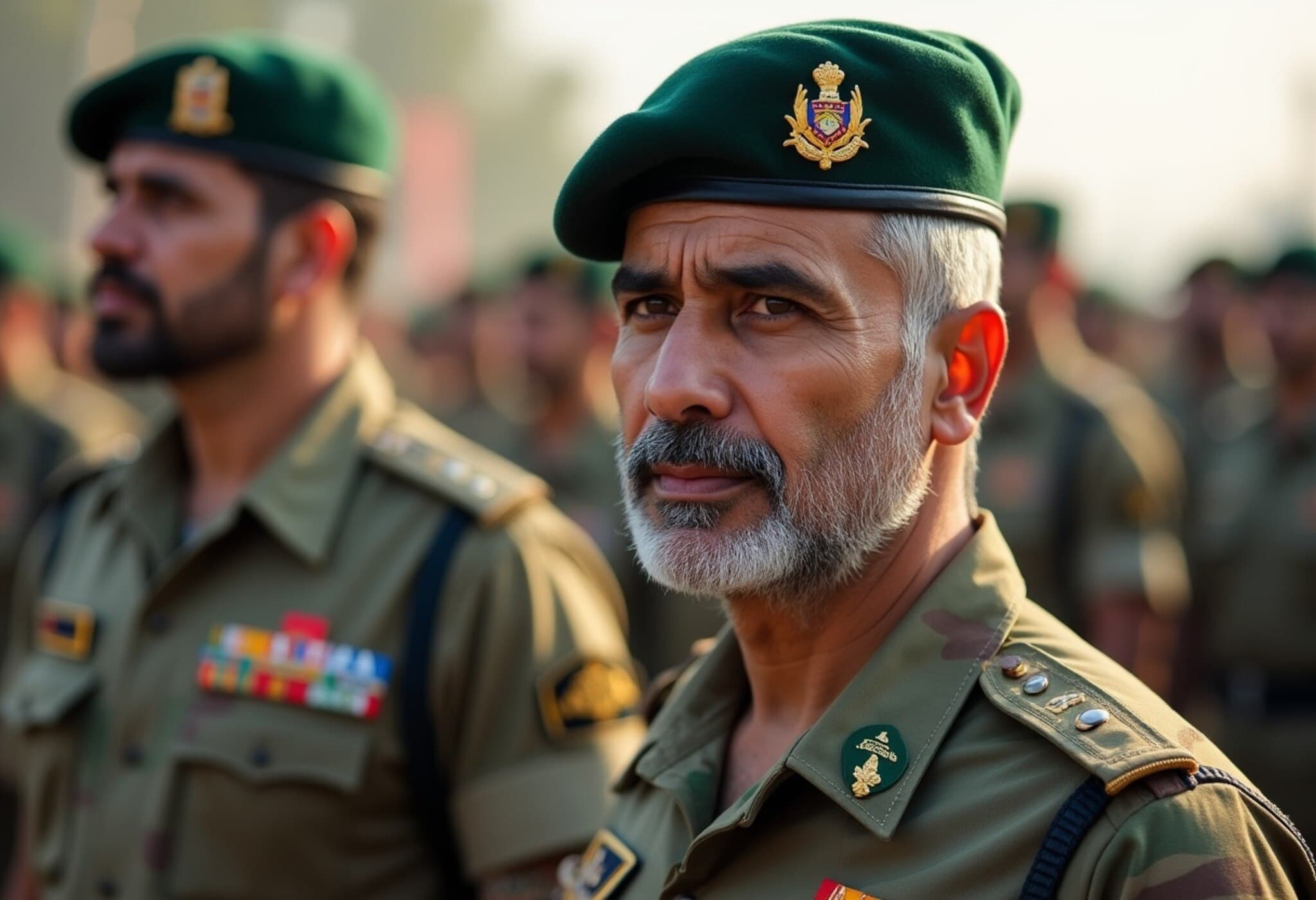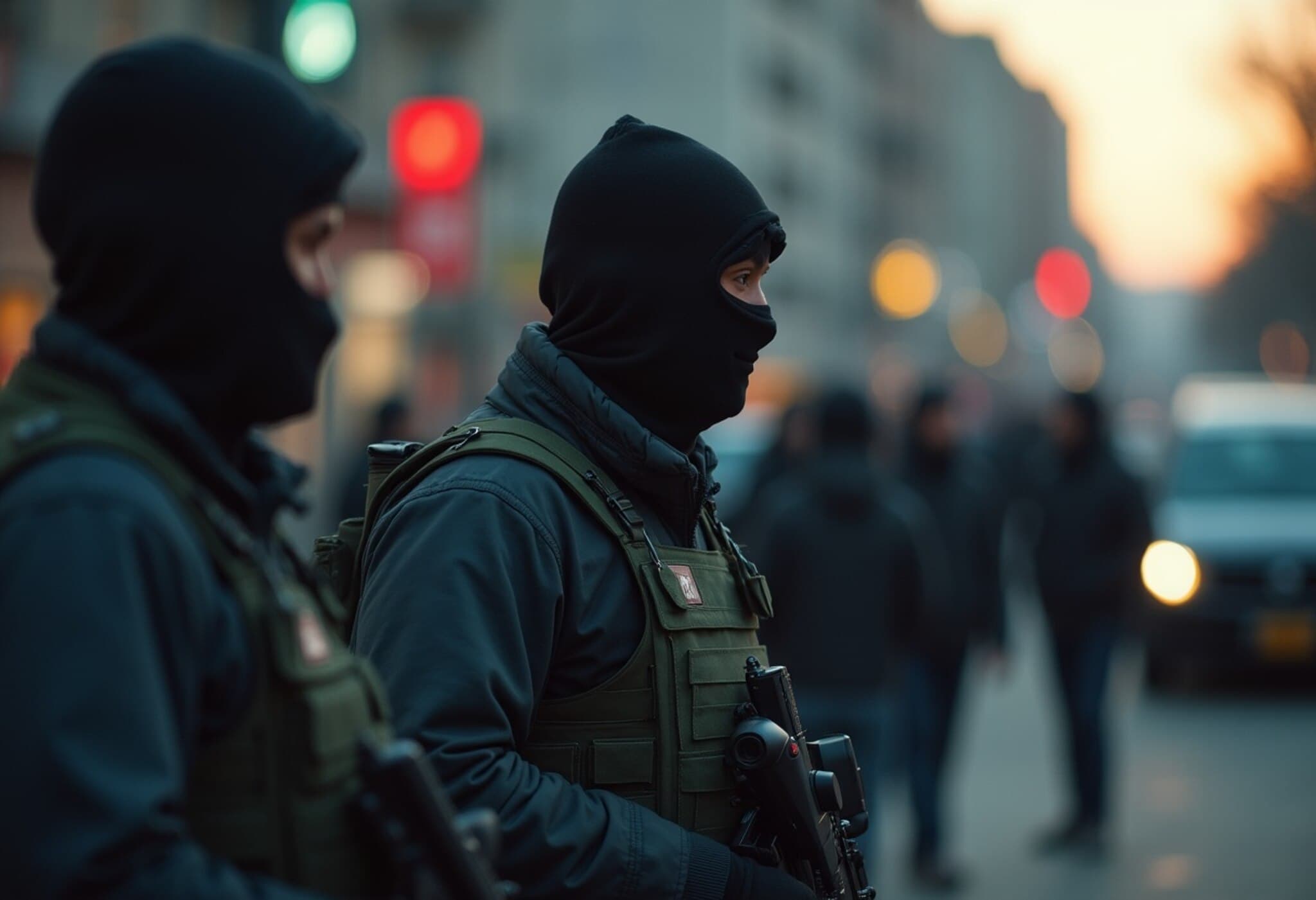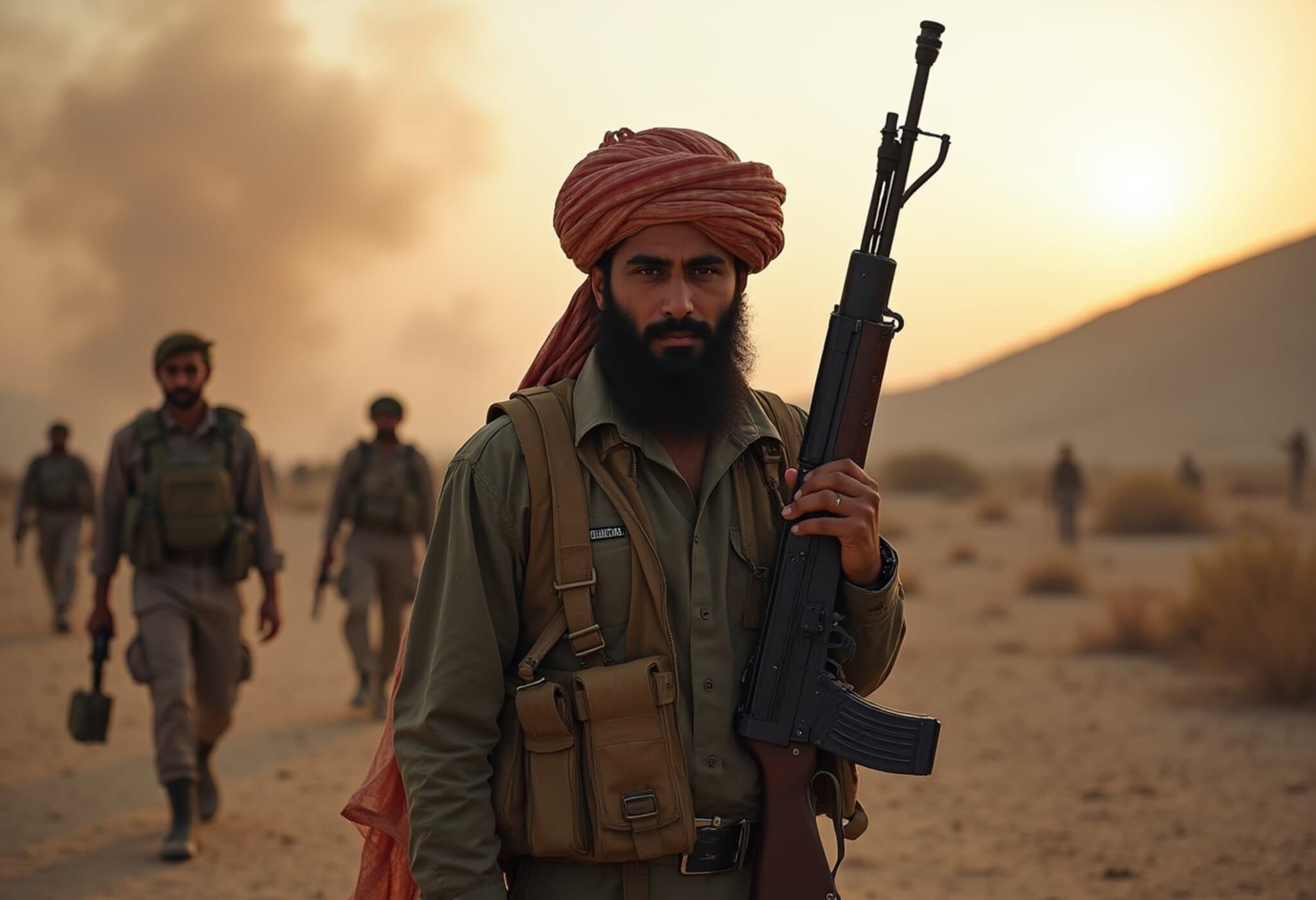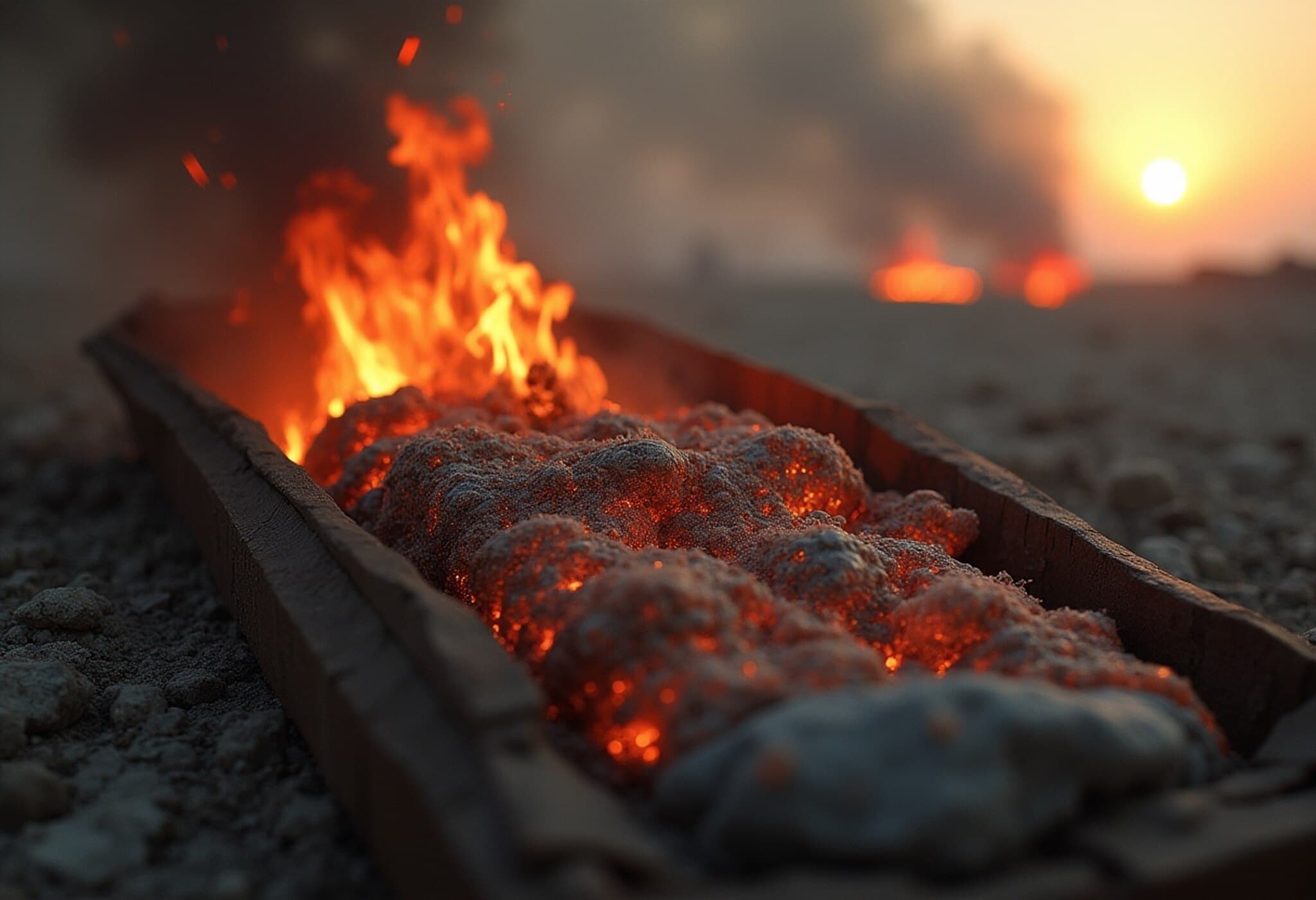Pakistan Elevates Security Measures for Chinese Nationals Under CPEC Expansion
In a decisive move aimed at bolstering the safety of Chinese nationals residing in Pakistan, Prime Minister Shehbaz Sharif announced on July 23, 2025, that Pakistan’s police forces will undergo military-standard training. This initiative seeks to enhance protection for Chinese workers and investors amid increasing security challenges linked to the China-Pakistan Economic Corridor (CPEC).
"The confidence of Chinese companies in the Pakistani economy is crucial for our economic future," Sharif emphasized, underscoring the strategic significance of China-Pakistan economic ties.
Context Behind the Security Push
The announcement arrives as Pakistan navigates a wave of violent incidents targeting Chinese nationals. Since 2021, multiple attacks—some deadly—have specifically targeted Chinese employees working on critical infrastructure projects across Pakistan’s provinces, including Sindh, Balochistan, and Khyber Pakhtunkhwa.
According to data from Pakistan’s National Counter Terrorism Authority (NACTA), 14 terrorist attacks have resulted in at least 20 Chinese fatalities and 34 injuries over the past four years. These attacks have primarily been attributed to militant groups such as the Balochistan Liberation Army (BLA) and the Pakistani Taliban, who perceive Chinese projects as symbols of foreign influence.
Detailed Security Strategy and Enhancements
Prime Minister Sharif instructed comprehensive security protocols to be implemented nationwide, including at all major airports, to ensure smooth and secure transit for Chinese visitors. Interior Minister Syed Mohsin Raza Naqvi elaborated on these efforts, noting that several provinces are developing “safe city” zones designated specifically for Chinese nationals.
Beyond infrastructure, specialized escort services accompany Chinese personnel during their commutes to and from work sites, reflecting a layered approach to personal security. This multidimensional strategy aims to rebuild and maintain the trust that Chinese investors and workers have in Pakistan’s stability.
Economic and Political Stakes
The China-Pakistan Economic Corridor, a flagship project of China’s Belt and Road Initiative, is vital for Pakistan's economic growth and regional integration. However, the persistent security threats represent a double-edged sword, jeopardizing not only the safety of foreign nationals but also Pakistan’s international commitments and reputation as an investment destination.
The government's move to militarize police training for this purpose highlights the gravity of the security environment and signals a shift in internal policy—blending policing with defense-level preparedness to counter sophisticated militant threats.
Implications for Regional Security and US Interests
For American policymakers and security analysts, Pakistan’s response offers a critical lens on regional stability dynamics. With China’s expanding footprint in South Asia, the security of Chinese citizens directly impacts US strategic interests, especially given the complex alliances and rivalries in the region.
Moreover, Pakistan’s ability to secure CPEC and its foreign nationals may influence future foreign direct investment, potentially opening pathways for collaborative security frameworks between international actors concerned about militant threats and economic development.
Looking Ahead
As Pakistan enhances training and security infrastructure to protect Chinese nationals, challenges remain in curbing militant operations and ensuring long-term peace. The government’s proactive stance is a welcome development, but questions linger about the sustainability of these measures and their effects on Pakistan’s broader social and political fabric.
Key Takeaways:
- Pakistan’s policing strategy is evolving to include military-grade training tailored to protect Chinese nationals amid growing threats.
- Chinese workers continue to face significant risks, with militant groups targeting them to disrupt CPEC projects.
- “Safe cities” and secured transit options indicate an institutional commitment to safeguard economic partnerships.
- The security approach underscores deeper geopolitical implications involving China, Pakistan, and external stakeholders like the United States.
Editor’s Note:
Pakistan’s commitment to elevating police training to military standards reflects an urgent necessity borne from both economic and geopolitical imperatives. While these security enhancements may reassure Chinese investors in the short term, they also spotlight ongoing regional instability and the challenges of counterterrorism in Pakistan. Observers should watch how these developments influence not only domestic policy but also Pakistan's diplomatic relations and foreign investment climate. Are such militarized policing approaches sustainable, or might they deepen civil-military entanglements? These critical questions remain as Pakistan moves forward with its security overhaul.

